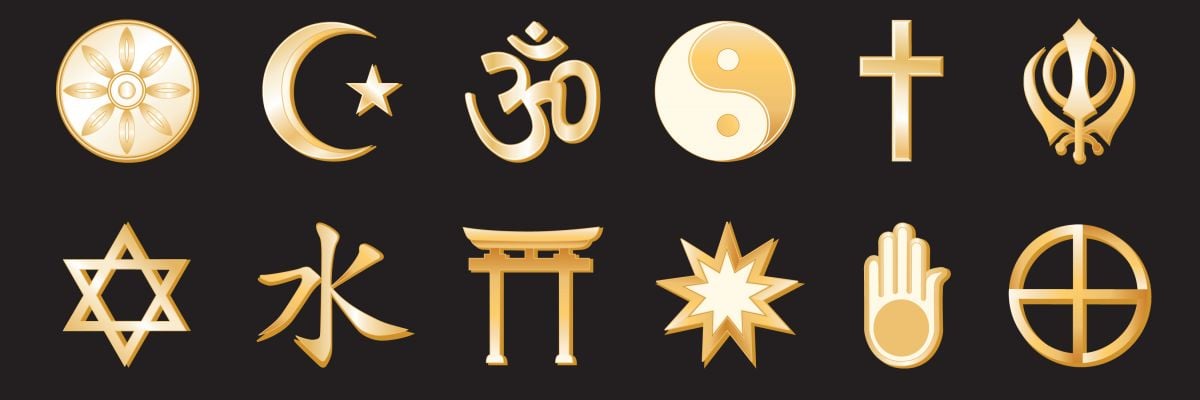
Question:
Answer:
Religion should not necessarily be construed as a negative reality. As the Merriam-Webster Dictionary relates, religion is a “set or institutionalized system of religious attitudes, beliefs, and practices.” The Catholic Encyclopedia elaborates further, and we can also speak of the virtue of religion.
The real issue is: who sets up a particular religion? If God does so, religion provides the greatest fulfillment available for humanity. Jesus Christ, the God-man, founded the religion of Christianity by establishing his Church (Matt. 16:18-19) and commanding his apostles to make disciples of all nations, meaning a “catholic,” or universal, Church (Matt. 28:18-20).
Acts 2:42 affirms the basic religious structure of Christianity, including the “teaching of the apostles,” showing again the divinely ordained leadership of Peter and the other apostles as well as the celebration of “the breaking of the bread,” an early-Church term for the sacrifice of the Mass.
St. Paul affirms the religious nature of Christianity when he writes that it’s the Church, and not simply the Bible, that is “the pillar and bulwark of the truth” (1 Tim. 3:15). And what or who is the truth? It’s Jesus Christ (John 14:6), a fact that reaffirms the Church is the religious pillar and bulwark Jesus established to teach and otherwise minister to his people.
Finally, we see that the word religion is used positively in the Bible, as St. James writes, “Religion that is pure and undefiled before God, the Father, is this: to care for orphans and widows in their distress, and to keep oneself unstained by the world” (James 1:27, Revised Standard Version, Catholic Edition [RSVCE]). The King James Version, a classic Protestant biblical translation, uses the same word religion in James 1:27. James contrasts worthy religion with worthless religion (James 1:26). St. Paul also uses religion positively in 1 Timothy 3:16, right after affirming the Church as “the pillar and foundation of truth” (RSVCE). Other translations use godliness, a synonym for holiness or religion, which in practice encompasses one’s voluntary subjection to God.



